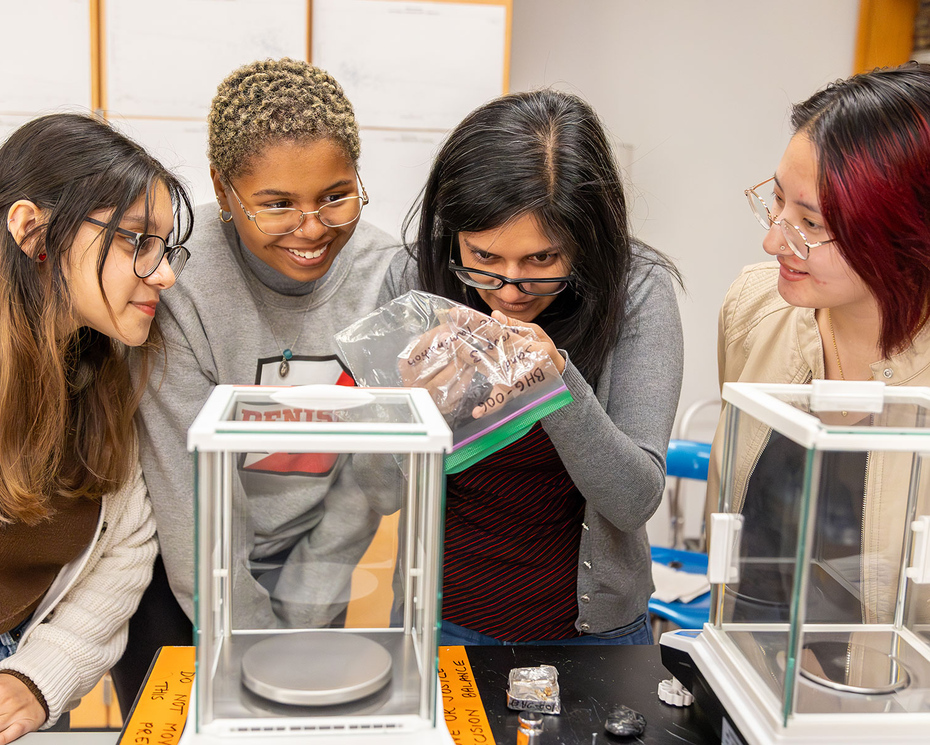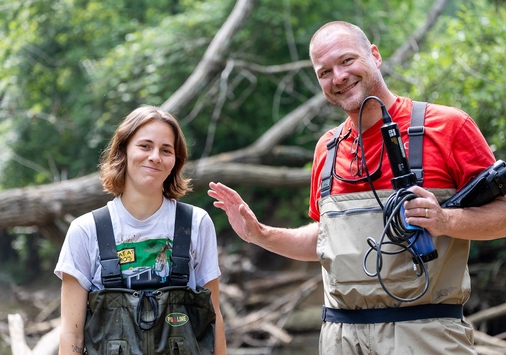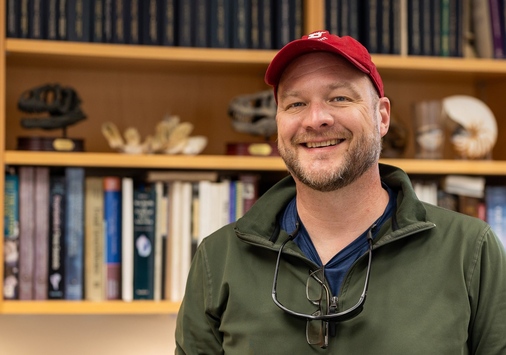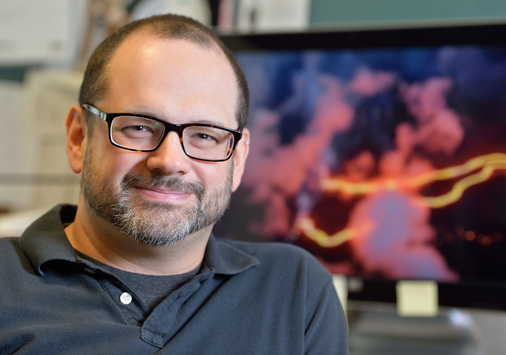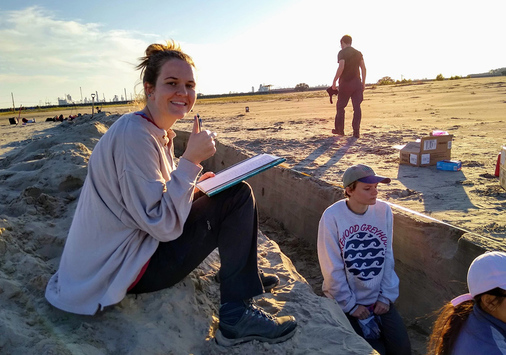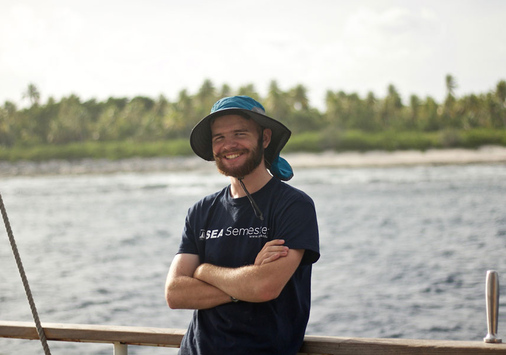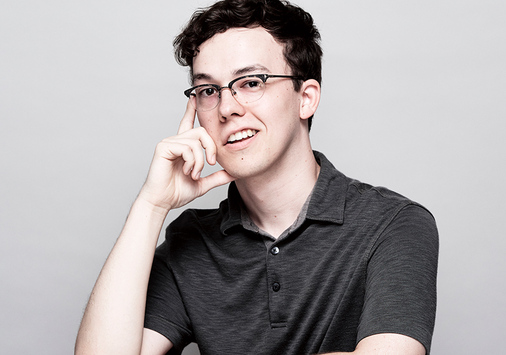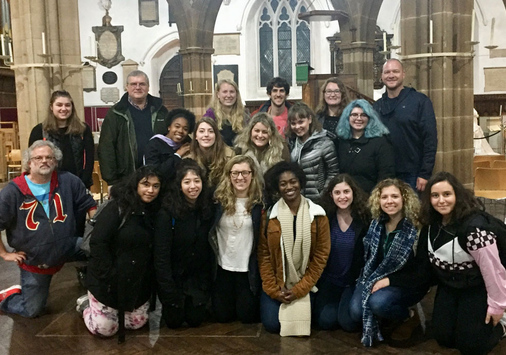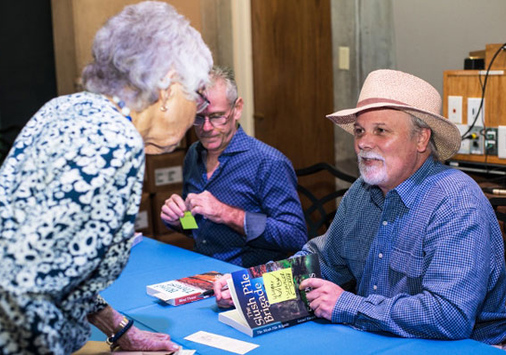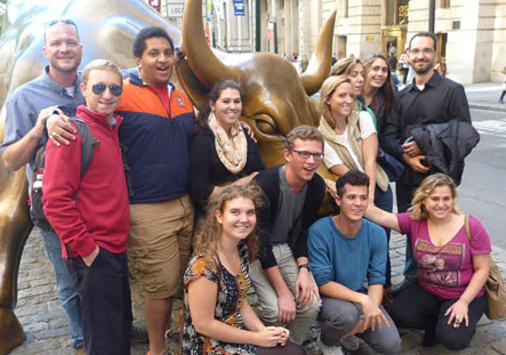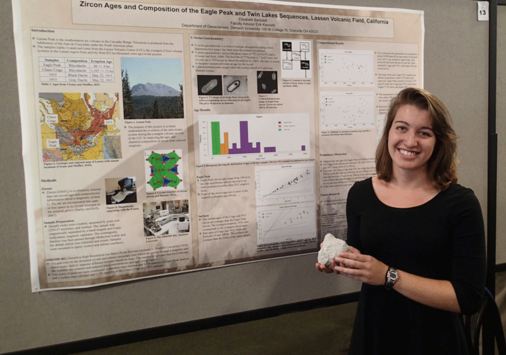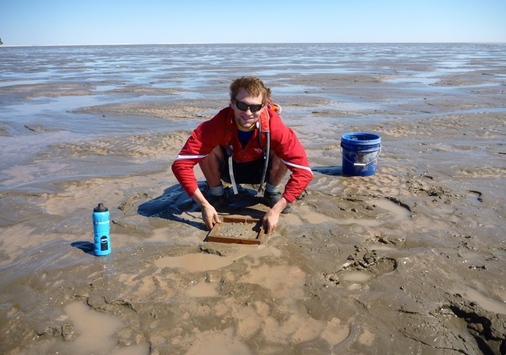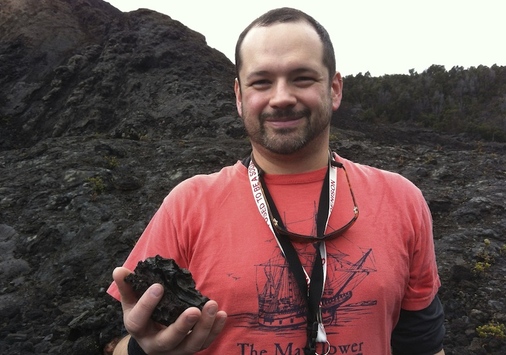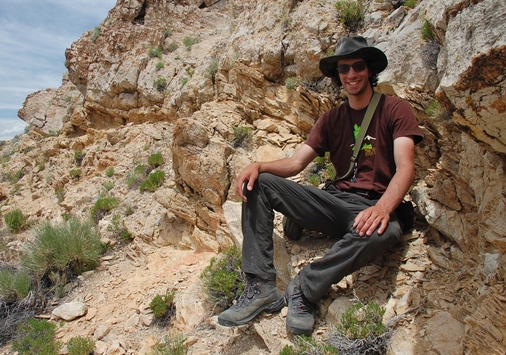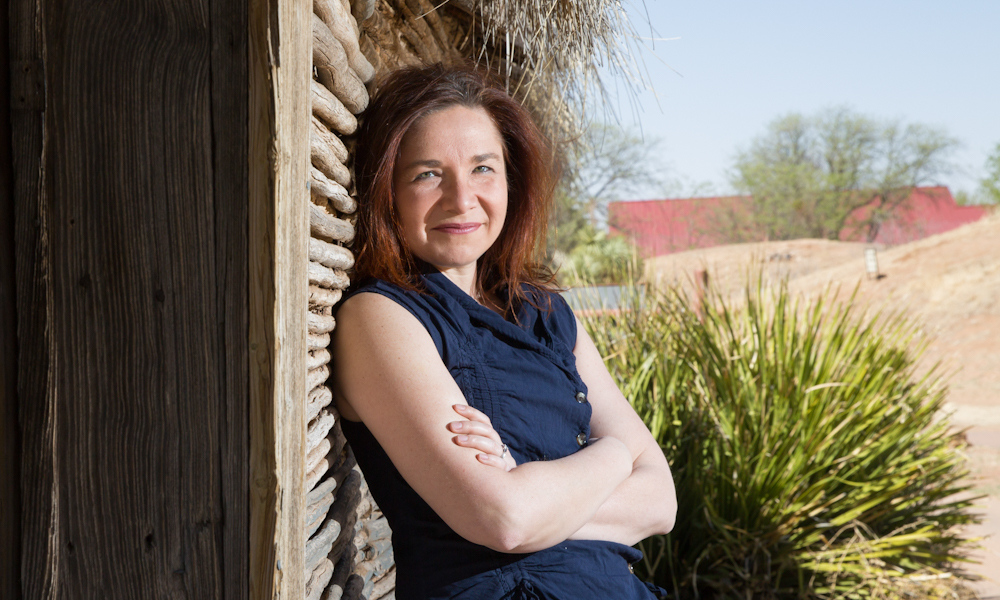
Hosted by the Department of Earth & Environmental Science
Supported by the Anderson Endowment & Ronneberg Endowment
Anderson Science Lecture: Dr. Katharine Hayhoe
Katharine Hayhoe is an atmospheric scientist from Texas Tech University whose research focuses on understanding what climate change means for people and the places where we live. She is the Chief Scientist for The Nature Conservancy and a Horn Distinguished Professor and Endowed Professor of Public Policy and Public Law in the Department of Political Science at Texas Tech University. Her book, “Saving Us: A Climate Scientist’s Case for Hope and Healing in a Divided World,” was released in 2021 and she also hosts the PBS digital series Global Weirding, currently in its fifth season. Katharine has been named one of TIME’s 100 Most Influential People, the United Nations Champion of the Environment, and the World Evangelical Alliance’s Climate Ambassador.
In her talk, “The Challenge of Stationarity in Quantifying Future Climate Impacts,” Hayhoe discusses the concept of non-stationarity, or the idea that future climate will differ from that experienced in the past. She draws on her experience working with the agriculture, ecosystem, energy, health, infrastructure, insurance, and water sectors to propose a framework for, and highlighting some of the main challenges inherent to, incorporating climate information into practical, on-the-ground planning at the local to regional scale. This framework was developed through work with numerous cities, states, and regions and is based on identifying known vulnerabilities within the systems of interest, and developing appropriate information compatible with existing planning mechanisms to ensure the relevance and utility of the climate information for increasing resilience and reducing vulnerability to climate risks.
She was recently featured in The New York Times: An Evangelical Climate Scientist Wonders What Went Wrong - The New York Times (nytimes.com)
